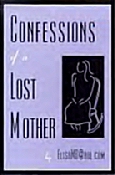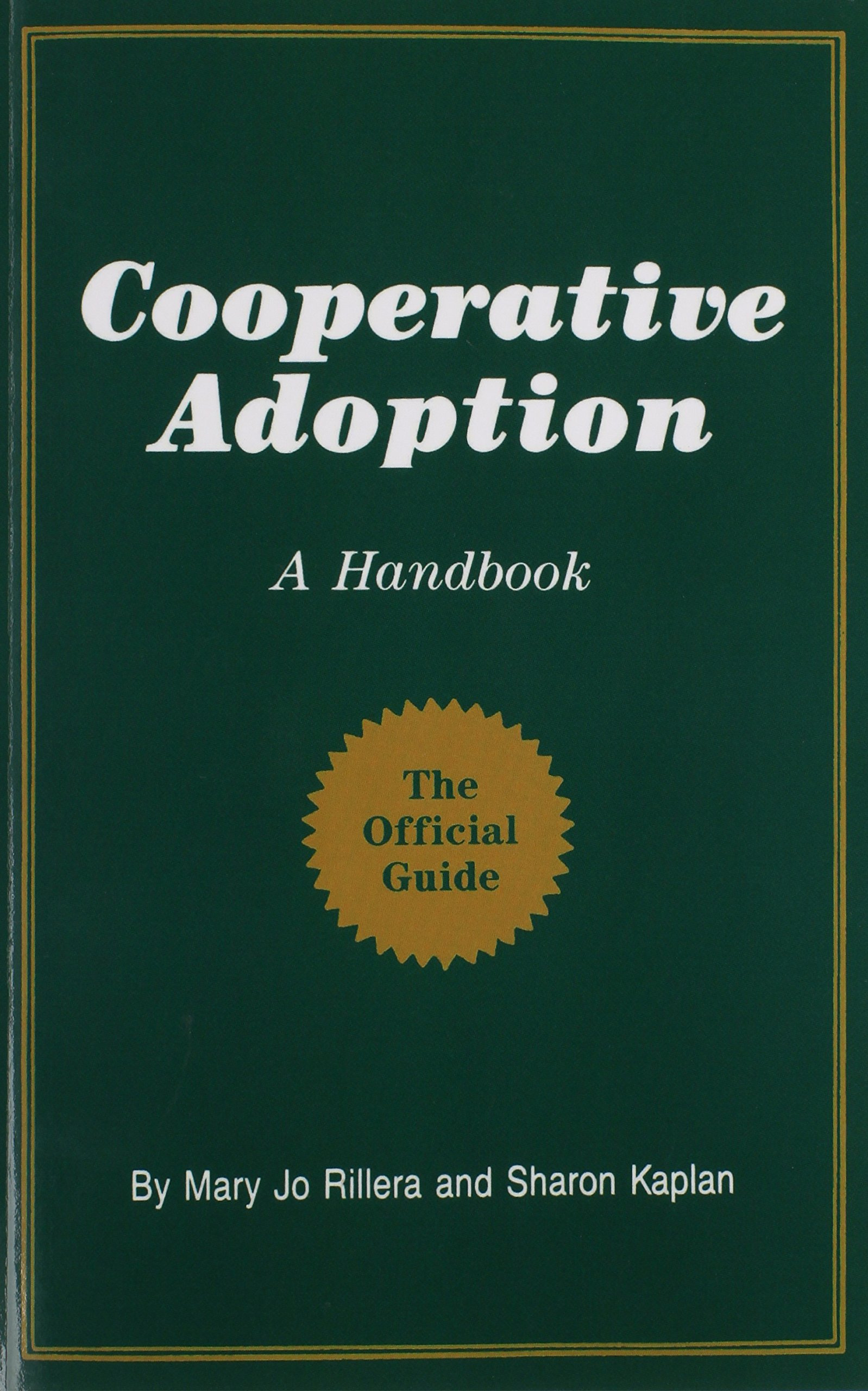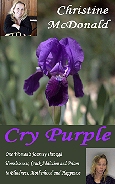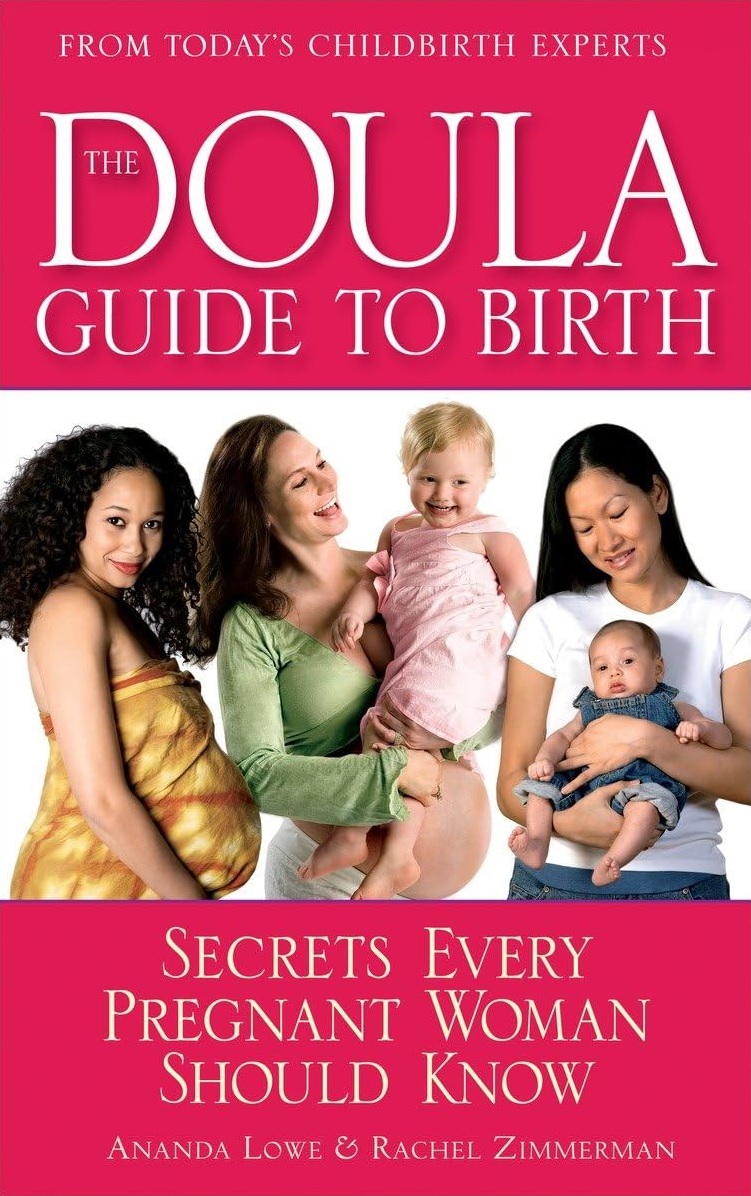From the Dust Jacket:
On Palm Sunday, 1965, a little boy died of peritonitis in White Bear Lake, Minnesota. He was three and a half years old, and his name was Dennis Jurgens.
Barry Siegel’s extraordinary book is the true story of Dennis, his adoptive parents, Lois and Harold Jurgens, his natural mother Jerry Sherwood, and the many others in the town of White Bear Lake and elsewhere whose lives were touched by them.
And it is much more than that. Here is a vivid portrait of a community deep in the American heartland that won an “All America City” award in 1965, within days of Dennis’s death: its storekeepers and craftsmen, its schoolteachers, housewives, and civic boosters, gathering cheerfully to celebrate birthdays and holidays and the pleasures of the woods and lake—picnicking in summer, sledding, skating, and ice fishing in winter. Here is the picture of a time we remember as full of innocent beliefs, bright hopes, and boundless possibilities. And here above all is a book about how decent, normal people—people like us—acted, or failed to act, at a critical moment in their lives.
Years after Dennis’s death, Jerry Sherwood decided to search for the child she had given up for adoption soon after his birth. He would be nearly grown-up now, and she wanted him to know he had blood relatives. She was prepared if he chose to reject her. She was not prepared for the letter from the welfare department telling her he had died in 1965.
Grieving, she found there was more to the story. From a newspaper clipping she learned that his body bore multiple injuries. From his death certificate she discovered that the coroner had never ruled on the actual cause of death. They had just buried the body—that was all.
When news of Dennis’s fate made the front page of a St. Paul newspaper on October 12, 1986, all the talk in White Bear Lake and beyond, in well-tended houses filled with comfortable people, was of “the Jurgens case.” These were good citizens who had lived the American dream for themselves and their children, but had never forgotten what happened behind the closed door of the house on Gardenette Drive. These were people who had seen Dennis change from a plump, outgoing toddler to a wan, silent child with unaccountable bruises on his face, arms, and legs. These were people who had worried, yet kept their silence.
And these were the people who for all those years had never stopped wondering what they could—or should—have done.
With brilliant immediacy and impeccable detective work, prizewinning journalist Barry Siegel has re-created their lives, and their community, over a span of more than two decades. He has probed the worlds of the police, the medical profession, the social-service system, the legal system, the courts, and the hardworking citizens who serve in them. And from copious records, interviews, and months spent living in White Bear Lake, he has made the town itself as resonant a presence in the book as any of the story’s many characters.
Twenty-two years after a little boy’s death, a verdict was rendered at last, leaving us to face deeply troubling questions about justice—and responsibility. Would any of us have spoken up? Would we speak up today?
About the Author:
Barry Siegel
is a roving national correspondent for the Los Angeles Times and the winner of many awards for his reporting, including the Livingston Award, the American Bar Association Silver Gavel Award, the PEN Center West Journalism Award, and the State Bar of California Golden Medallion Award for distinguished reporting on the administration of justice. He lives in Los Angeles with his wife and young daughter.


































